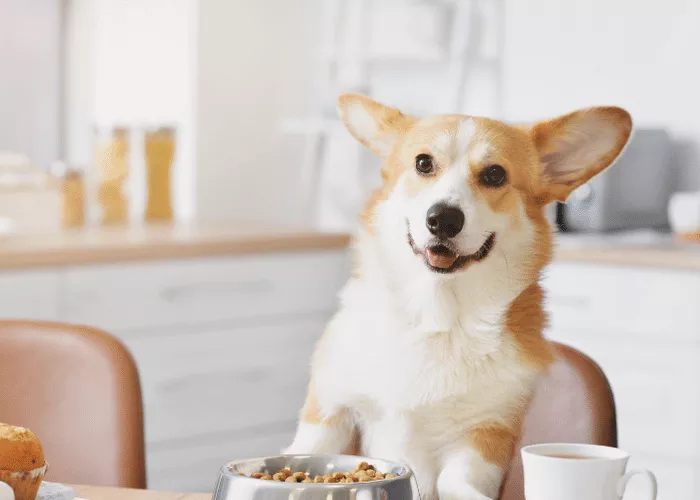Cuddling with your dog can feel like one of life’s simple pleasures. The comfort of having your furry friend rest by your side is relaxing for both you and them. However, there’s a common affection that might be backfiring, especially if you’re petting your dog when they’re asleep or off-guard.
Why Dogs Don’t Always Appreciate Surprise Cuddles
While dogs enjoy being close to their humans, approaching them when they’re snoozing or in the middle of their own activities can upset them. Veterinary behaviorist Margaret M. Duxbury advises, “Let a sleeping dog lie,” because startling a dog, especially when they’re asleep or playing, can trigger stress and anxiety.
Nicole Skeehan, a dog trainer, explains this behavior by comparing it to how humans might feel if someone suddenly intruded on their personal space while they were napping or focusing on something. She notes that just like us, dogs dislike being caught off-guard. Some may growl, snap, or even move away when approached during moments of relaxation.
Factors That Influence How Dogs React
The way a dog responds to unexpected attention varies. Factors like their early life experiences, personality, and even health conditions influence their comfort levels. For example:
Past experiences: Dogs that haven’t been well-socialized or have faced abuse may react more negatively.
Breed and personality: Some dogs are more touch-loving, while others may prefer to have their space.
Health: Dogs suffering from conditions like arthritis may be more sensitive to touch, especially in certain areas.
How to Pet Your Dog the Right Way
If you want to show your dog affection in a way they appreciate, consider their comfort and boundaries. Here’s how to approach them properly:
Don’t sneak up on them. Make sure your dog sees you coming. This will help prevent startling them.
Allow them to approach you. Instead of forcing a cuddle, invite them into your space.
Respect their boundaries. Some dogs prefer being petted on their chest, back, or under the neck. If they nudge or paw at you, it’s a sign they want more attention. If they move away or act aggressively, respect their space.
By understanding your dog’s body language and communication, you’ll deepen the bond and ensure they feel safe and comfortable. As Duxbury highlights, “It’s amazing how much closer our relationships become when dogs have this open line of reciprocal communication.”
Related topics:
The Barrier-Free Development Of Drama Working Dogs
Thailand’s Hachiko: Dog Refuses to Leave Owner’s Last Known Spot
Buttons Help Dogs Express Their Needs More Clearly


